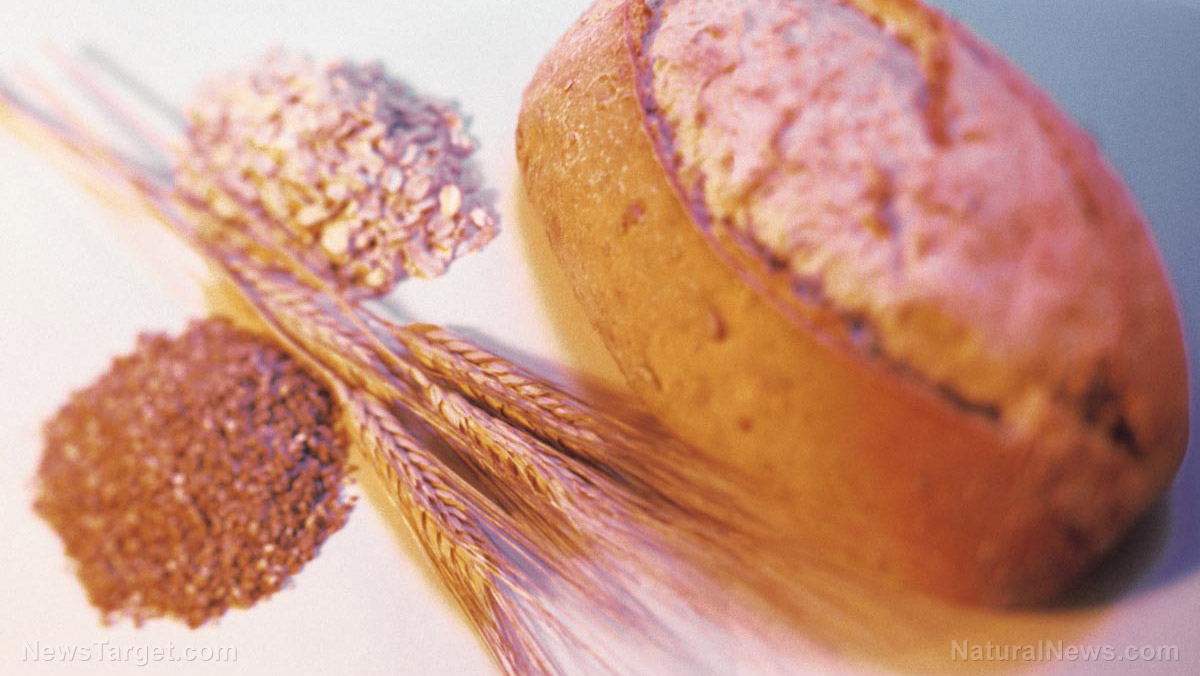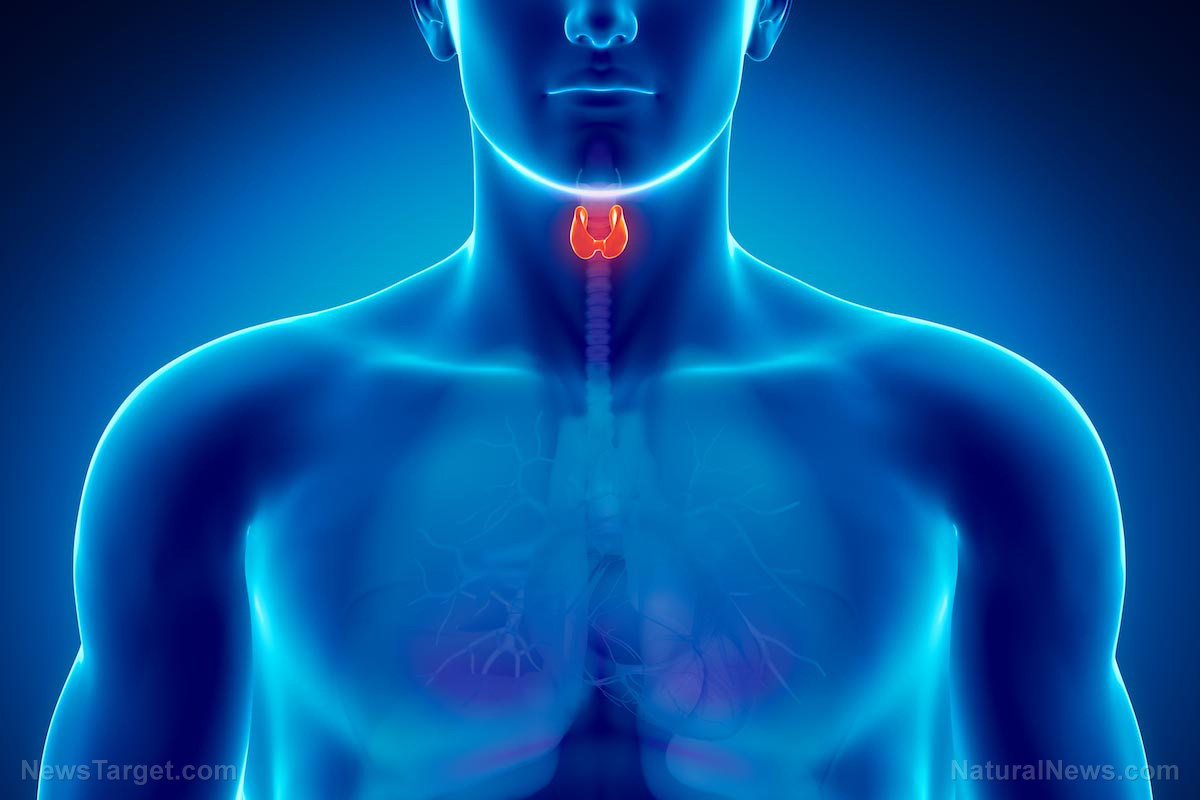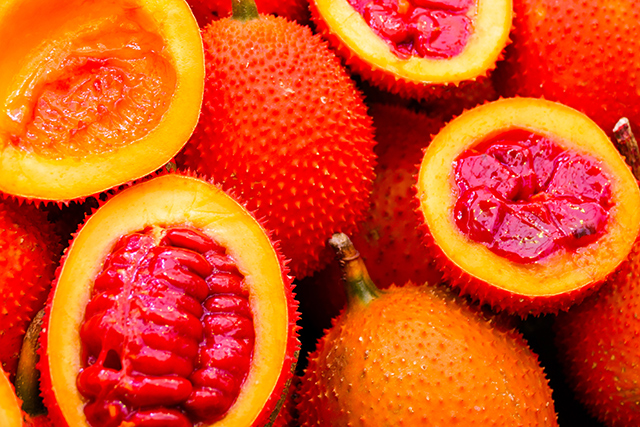A fatty acid called propionate can help boost heart health, study concludes
05/06/2019 / By Edsel Cook

Cardiovascular health could greatly benefit from a fatty acid produced by good bacteria that live in the digestive tract. German researchers reported that propionate modulates the immune cells responsible for increasing blood pressure, thus reducing the bad effects of hypertension and the risk of other related diseases.
Gut bacteria are capable of breaking down dietary fiber into useful micronutrients. One of these beneficial products is propionate, a short-chain fatty acid that helps manage blood pressure.
Researchers from the Experimental and Clinical Research Center (ECRC) in Berlin, Germany investigated how propionate confers its beneficial effects on the cardiovascular system. They used mice with induced hypertension and administered propionate to them.
They found that the treated animals had less pronounced damage to, and abnormal enlargement of the heart. Furthermore, the mice also showed reduced damage to their blood vessels.
“Propionate works against a range of impairments in cardiovascular function caused by high blood pressure,” observed Max Delbruck Center for Molecular Medicine (MDC) researcher Dominik N. Muller. “This may be a promising treatment option, particularly for patients who have too little of this fatty acid.” (Related: Review looks at the health benefits of mushroom nutraceuticals and supplements.)
Propionate works with regulatory T cells to calm T helper cells and reduce blood pressure
ECRC researchers noted that propionate can regulate the T helper cells of the immune system. These immune cells enhance inflammation, thereby contributing to hypertension. But in the presence of propionate, these cells calm down. Propionate thus decreases inflammation and exerts its influence on the functional ability of the heart.
During the experiment, the researchers used targeted electrical stimulation on treated and untreated mice. They successfully induced irregular heartbeats in 70 percent of the untreated animals. However, only 20 percent of the treated mice developed arrhythmia, suggesting that propionate protected their hearts from the harmful stimuli.
Propionate also reduced the damage inflicted by high blood pressure on the cardiovascular system of the animals.
The beneficial effects of propionate appear to be tied to regulatory T cells. When the ECRC researchers deactivated these specific immune cells in mice, propionate lost its cardiovascular benefits.
Based on these findings, the researchers concluded that propionate requires the presence of regulatory T cells to confer its positive effects. Together, they can control the pro-inflammatory effects of T helper cells.
A potential natural approach for alleviating cardiovascular problems
Nutrition experts have long advised patients with cardiovascular diseases to eat foods rich in dietary fiber. But the ECRC study on propionate showed why such a fiber-rich diet could stop the onset of cardiovascular disease.
For instance, fruits and whole grains contain large amounts of cellulose and inulin. Gut bacteria could break down these dietary fibers into useful metabolites, such as propionate and other short-chain fatty acids.
Compared with other fatty acids, short-chain fatty acids contain fewer carbon atoms. Propionate, for instance, has only three.
The ECRC researchers believe that their discovery could lead to new approaches for treating cardiovascular diseases. Propionate is safe for humans as it is produced inside the body from natural fibers.
“Previously, it had not been clear which fatty acid is behind the positive effects and how it works,” remarked ECRC researcher Nicola Wilck. “With these favorable conditions, hopefully propionate will soon make the leap from the lab to patients who need it.”
While the German researchers are thinking of giving propionate to patients as a drug, the best way to get it is still to eat fiber-rich foods and let the bacteria in the gut do the work.
Sources include:
Tagged Under: alternative medicine, blood pressure, cardiovascular disease, dietary fiber, fatty acids, food cures, food is medicine, functional food, gut bacteria, heart health, high blood pressure, hypertension, immune system, inflammation, natural cures, natural medicine, prevention, propionate, short-chain fatty acids



















